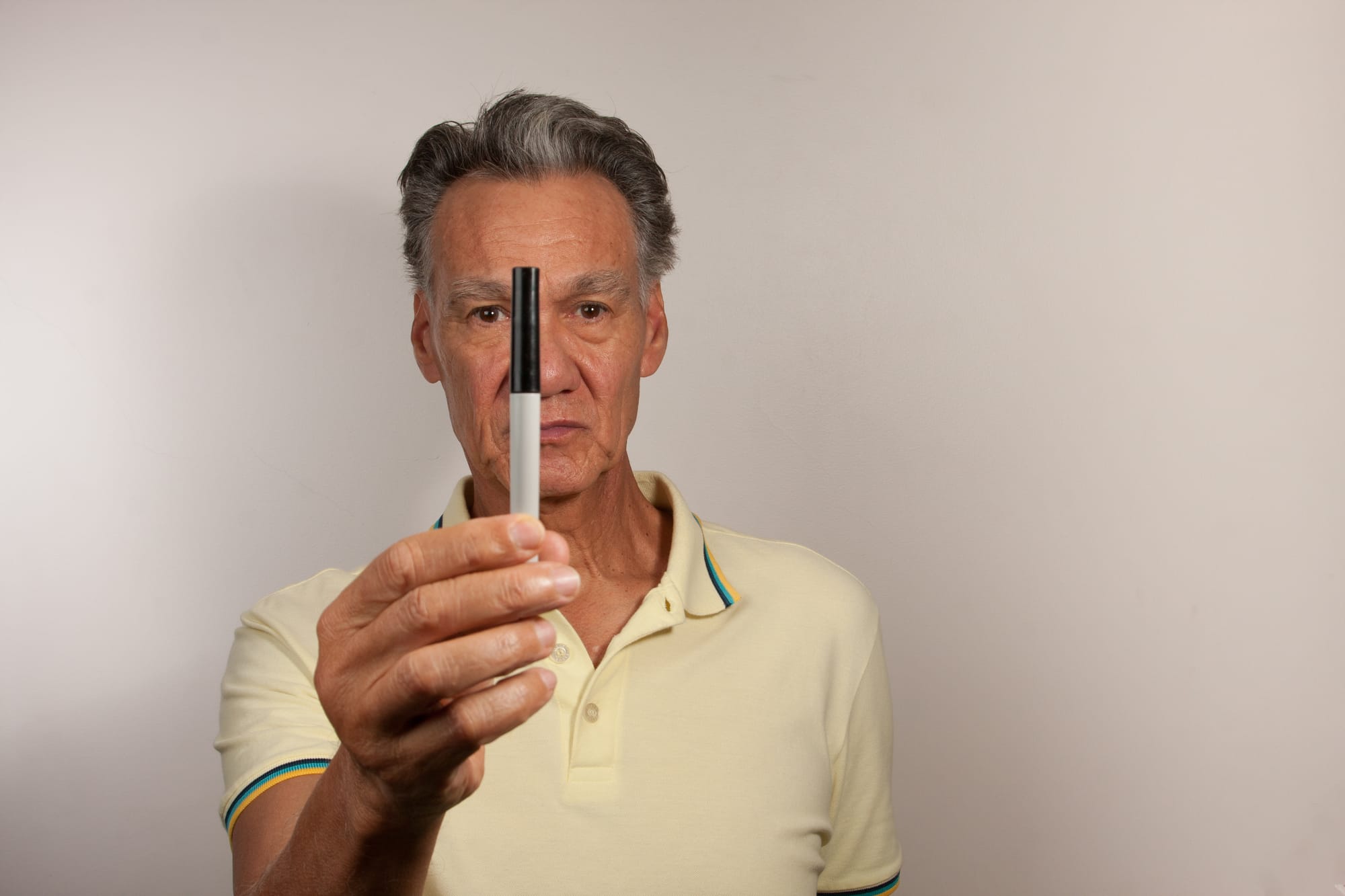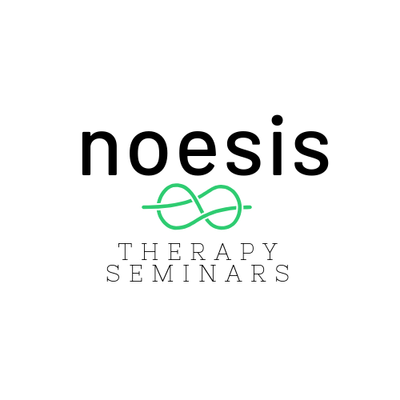Understanding Vestibular Rehabilitation: What You Need to Know

Understanding Vestibular Rehabilitation: What You Need to Know
Vestibular rehabilitation is a specialized form of therapy that focuses on treating balance and dizziness disorders. It is an exercise-based program that aims to minimize symptoms and improve function in individuals who are experiencing problems with their vestibular system, which controls balance and eye movements.
If you or someone you know is dealing with vestibular issues, here are some important points to help you understand the concept of vestibular rehabilitation:
- Vestibular Rehabilitation Targets the Vestibular System
Vestibular rehabilitation is specifically designed to target the vestibular system, which is responsible for maintaining balance and spatial orientation. This system includes the inner ear, the nerves that connect the inner ear to the brain, and parts of the brain that process balance information. By targeting the vestibular system, rehabilitation exercises aim to retrain the brain to compensate for any dysfunction and improve balance.
- It Can Help with Various Vestibular Disorders
Vestibular rehabilitation has been proven to be effective in treating a wide range of vestibular conditions, including:
- BPPV (Benign Paroxysmal Positional Vertigo)
- Labyrinthitis
- Vestibular neuritis
- Meniere's disease
- Migraine-associated vertigo
- Post-concussion syndrome
- Acoustic neuroma
- Cervicogenic dizziness
- Age-related balance problems
- It Involves Individualized Treatment Plans
No two vestibular rehabilitation programs are the same, as each plan is tailored to the individual's specific needs and symptoms. During the initial evaluation, a vestibular therapist will assess the patient's balance, gait, vision, and movement patterns, as well as perform specific tests to identify the underlying cause of the vestibular dysfunction. Based on the results, an individualized treatment plan will be developed.
- The Treatment May Include Various Exercises
Vestibular rehabilitation exercises typically consist of a series of head, eye, and body movements that aim to retrain the brain's response to vestibular signals. Some common exercises may include:
- Eye exercises: These exercises help improve eye tracking abilities and reduce dizziness associated with eye movements.
- Gaze stabilization exercises: These exercises involve focusing the eyes on a stationary object while moving the head, helping to improve balance and reduce dizziness.
- Balance exercises: These exercises are designed to improve overall balance and stability by challenging the vestibular system.
- Coordination exercises: These exercises focus on improving coordination between the vestibular system and other sensory systems, such as vision and proprioception.
- It May Take Time to See Results
Results from vestibular rehabilitation can vary depending on the severity of the vestibular dysfunction and the individual's commitment to the therapy. Some individuals may start to see improvements within a few weeks, while others may require several months of therapy. Consistency and adherence to the prescribed exercises are key factors in achieving successful outcomes.
- It Can Help Improve Daily Functioning
Vestibular dysfunction can significantly impact an individual's daily life, making simple tasks such as walking, driving, or even turning the head challenging. Vestibular rehabilitation aims to improve balance and reduce symptoms, allowing individuals to regain their ability to perform these activities with confidence and independence.
- A Vestibular Therapist is instrumental in the Rehabilitation Process
A vestibular therapist is a healthcare professional who specializes in vestibular rehabilitation. They have extensive knowledge and experience in assessing and treating vestibular conditions. Working with a qualified therapist is essential to ensure proper evaluation and implementation of an effective rehabilitation program.
- It Can Help Reduce Falls and Improve Safety
Vestibular dysfunction can increase the risk of falls and injuries. By improving balance and reducing dizziness, vestibular rehabilitation can help decrease the likelihood of falls and improve overall safety, especially in older adults who are more prone to fall-related accidents.
- It Can Have Long-lasting Effects
Research has shown that vestibular rehabilitation can have long-lasting effects, even after completing the therapy sessions. The brain has the ability to rewire and adapt to changes, and by consistently challenging the vestibular system through exercises, individuals can continue to experience improvements in their balance and management of dizziness even after the therapy is completed.
- It Requires Commitment and Active Participation
Vestibular rehabilitation is not a passive treatment. It requires commitment and active participation from the individual seeking therapy. Consistently practicing the prescribed exercises and following the recommendations of the vestibular therapist are essential for optimal outcomes.
If you or someone you know is experiencing balance issues or dizziness, consulting with a healthcare professional, preferably a vestibular therapist, can help determine if vestibular rehabilitation is a suitable treatment option. Remember, understanding the importance of the vestibular system and the benefits of rehabilitation can go a long way in improving your quality of life and managing your symptoms effectively.
